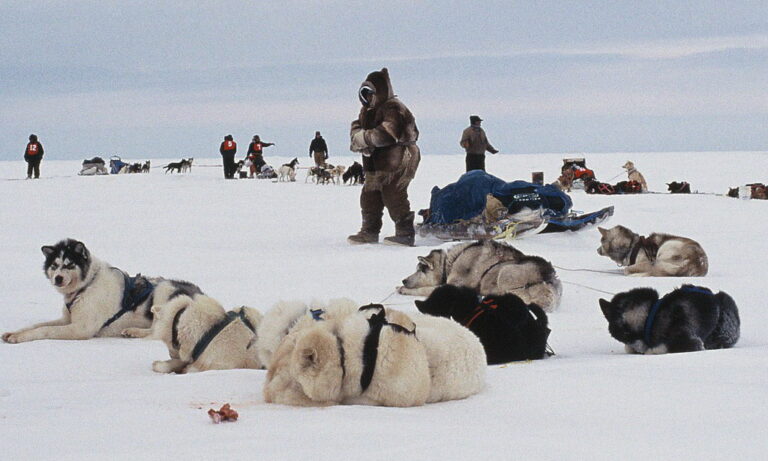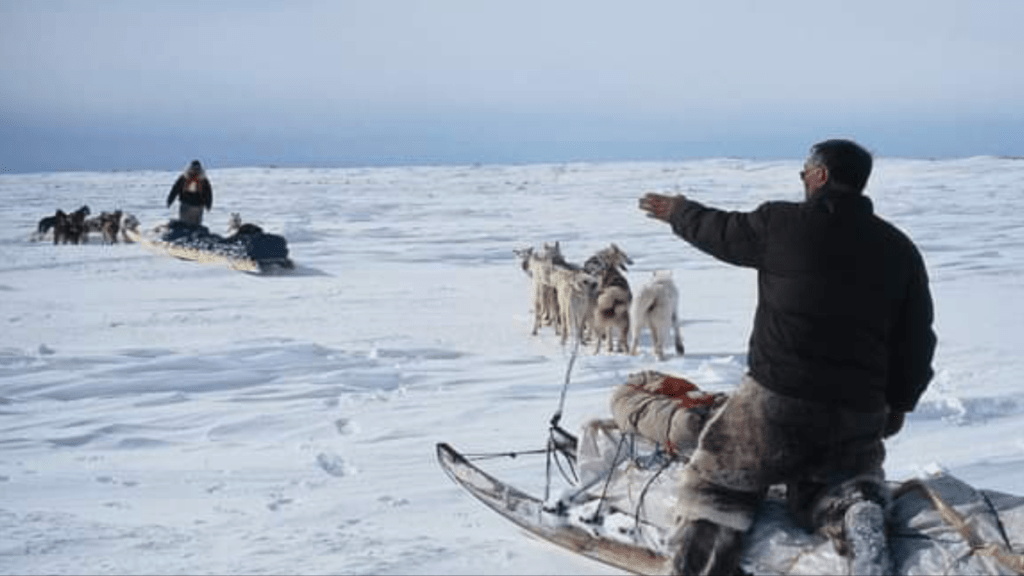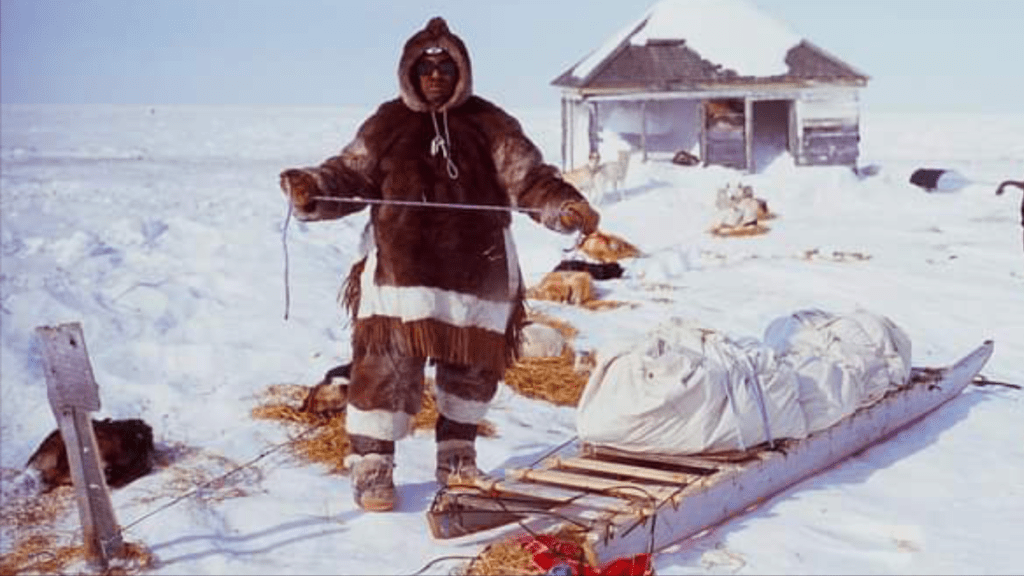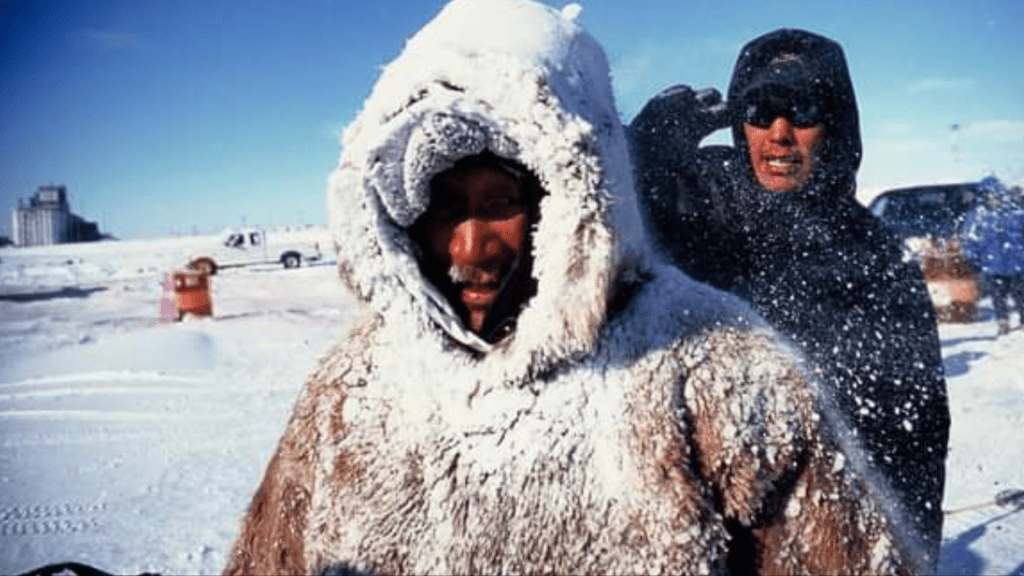
La Ronge musher and prolific children’s author Miriam Körner’s young adult novel Qaqavii, published by Red Deer Press, won the young adult award category in this year’s Saskatchewan Book Awards.
Körner, originally from Germany, said the book was inspired by the Hudson Bay Quest, a dogsled race that she competed in with her husband. The race brought together teams from Churchill Manitoba, Nunavut and around North America in a traditional freighting style sled race.
Körner said her personal experience of racing sled dogs between Churchill, Manitoba and Arviat, Nunavut along the coast of Hudson Bay and spending time with Inuit racers on the trail was a life changing experience for her.

“I was fascinated right from the beginning of that connection to the land and also to the dogs. We’ve made lots of friends over the years there, and eventually it morphed into a novel,” Körner said.
“It’s about the bond that you have with your animals and how you rely on them for being out on the land, for taking you where you need to go. Your survival depends on them — and vice versa – the dog’s survival depends on you. So, that’s a very deep relationship.”
The book follows 15-year-old Emmylou, who is in search of a place where she feels like she belongs. To her surprise, she finds a spot at the edge of the Arctic Ocean where she has the opportunity to train sled dogs with 17-year old Barnabas Ulayuk and his grandfather.
While the story is fiction, many of the current and historic events that form the backdrop of Emmylou’s experiences are a reflection of Körner’s own journey.
“The more time Emmylou spends with Barnabas and his family, the more curious she becomes about life in the Arctic before colonization,” Körner said.
“Eventually, she learns about the forced relocations and RCMP dog slaughters and begins to question her own role in her relationship to Indigenous people in this country.”

For Körner, moving from Germany to northern Saskatchewan was also about connecting with Indigenous ways of doing things in a respectful way.
She spoke to the Northern Advocate from her cabin on an island in Lac La Ronge.
“Coming from Germany to a northern Indigenous community really opened my eyes on how our relationship to land and to community can be very different from what I was used to. It’s been such an incredible gift to spend time on the land with the people who are deeply rooted here,” Körner said.
“I often wonder what Canada could have been like if the first Europeans who came here had adapted to the ways of the land and its peoples. I think that’s what my writing is ultimately about: Imagining a country that values traditional Indigenous life-styles and follows Indigenous laws.”

Körner also won the children’s book category in 2020 for When We Had Sled Dogs: A Story from the Trapline: ācimowin ohci wanihikīskanāhk, a collaboration with the late Elder Ida Tremblay.
In 2018, Körner and Bernice Johnson-Laxdal won for their collaboration, When the Trees Crackle with Cold: A Cree Calendar. Pīsimwasinahikan.
Körner said while her latest work is primarily for young adults — the book carries an important message for readers of all ages.
“Lots of people don’t have the experience or the opportunity to experience the Arctic from the back of a dog sled. So it’s a bit of an armchair travel in that way,” Körner said.
“But I think what I really want is that they start questioning their own relationship to Indigenous peoples and become curious about the life of the people that we share this country with. What I hope is for the reader to seek out that dialogue.”
